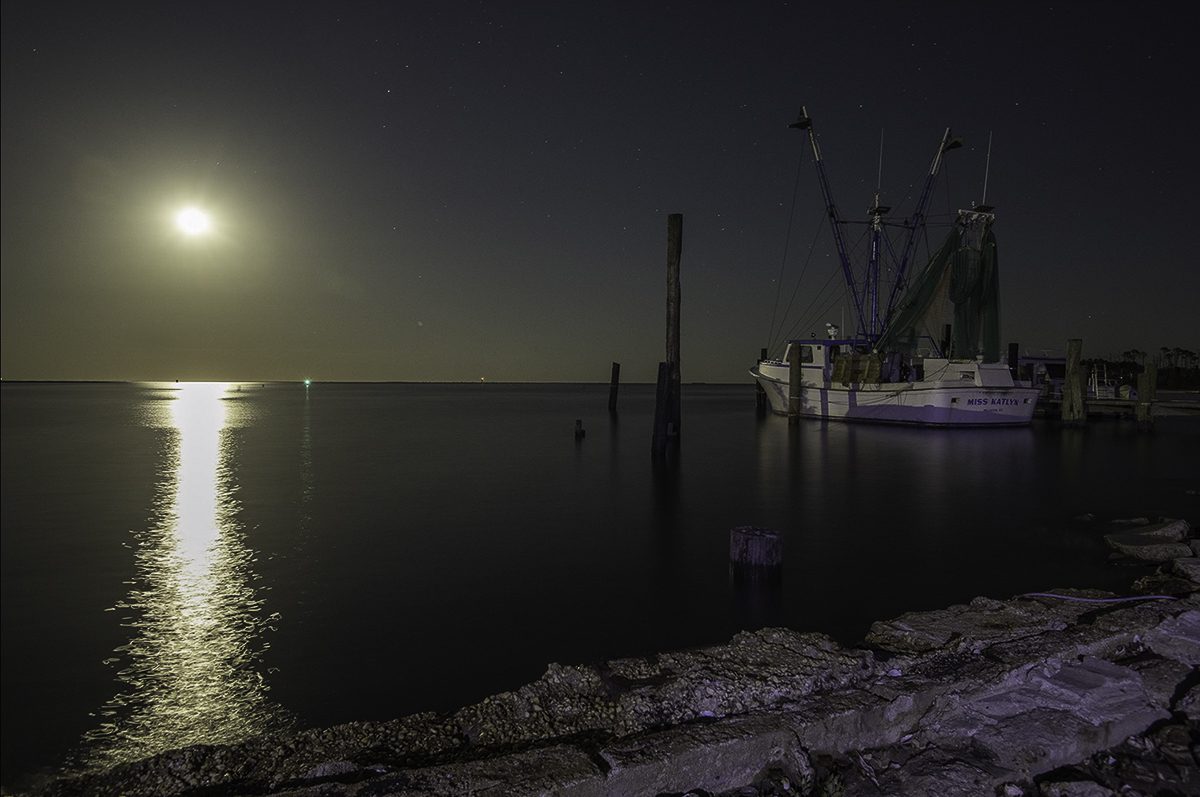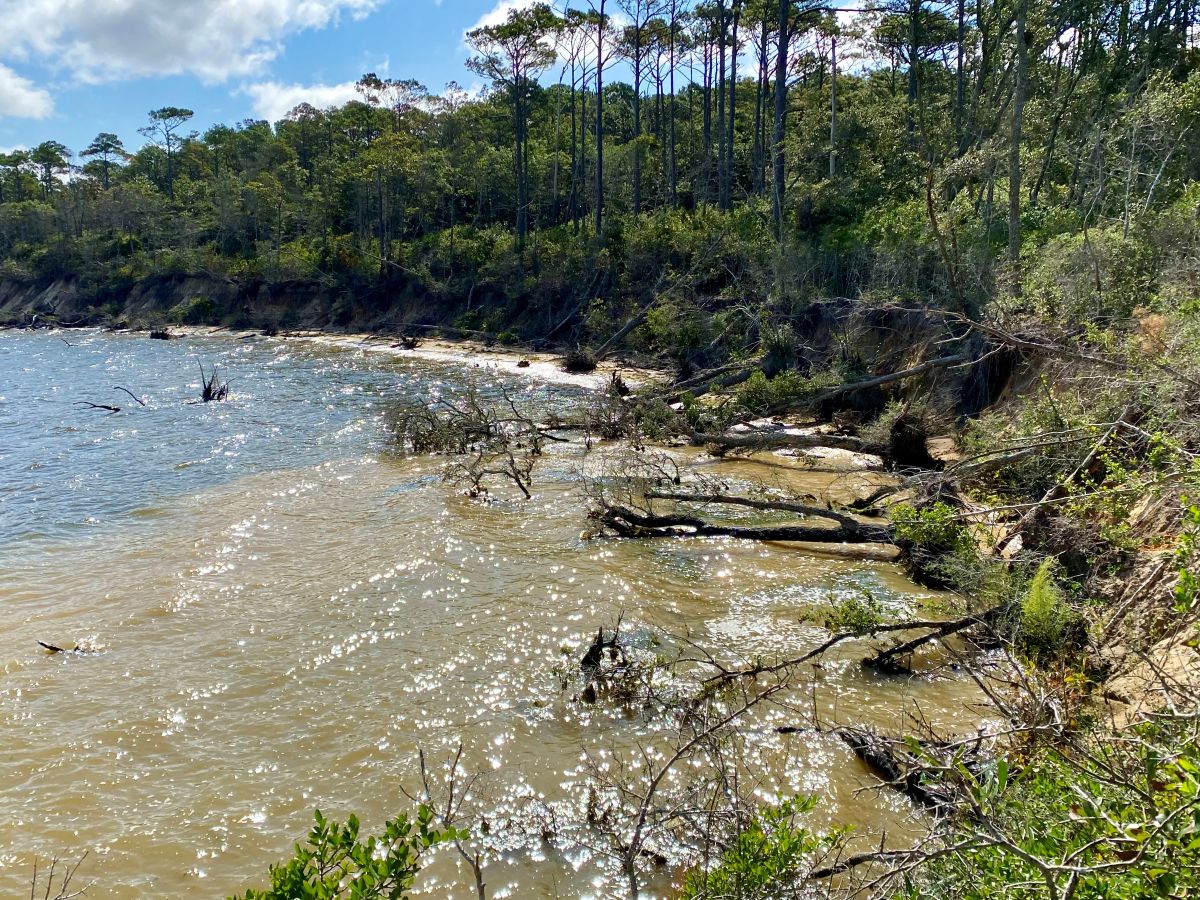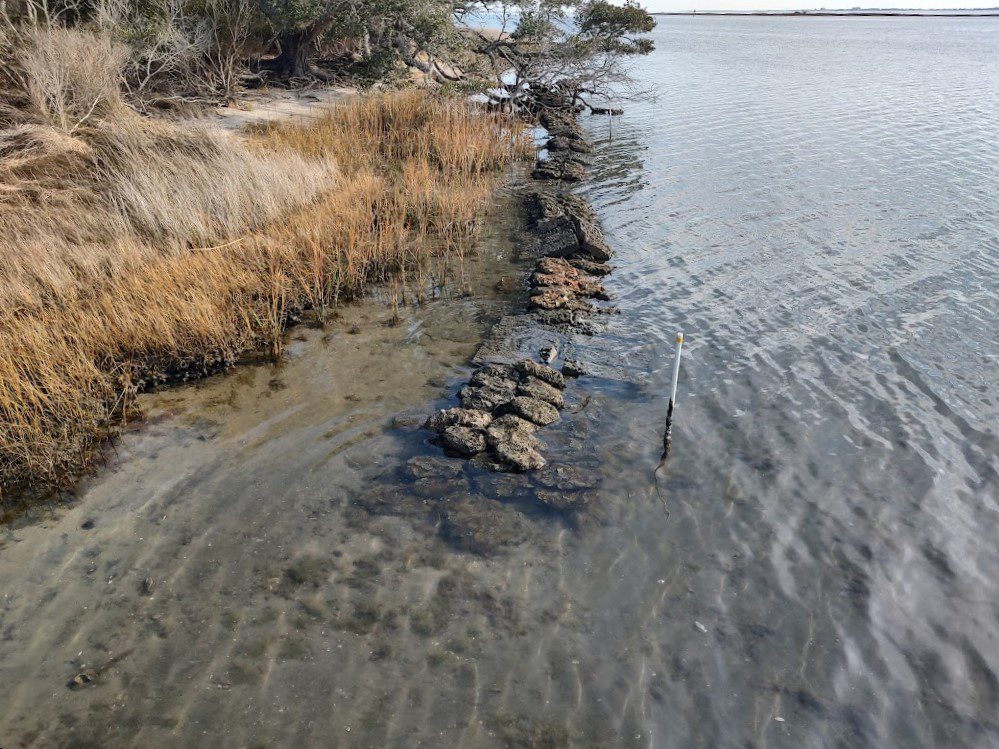
Guest commentary
North Carolina has over 10.5 million residents, many of whom love to eat seafood.
North Carolinians who love local seafood might not know that the 4th Circuit of the U.S. Court of Appeals recently rejected an attempt by some recreational charter fishermen and a former producer of a North Carolina fishing show to make it illegal for North Carolina shrimp trawlers to discard fish while fishing for shrimp and to catch shrimp with trawls in Pamlico Sound unless the fishermen had a permit from Environmental Protection Agency or its state proxy.
Supporter Spotlight

To the relief of commercial fishermen, the 4th Circuit ruled unanimously against the plaintiffs, noting their claims would have required recreational fishermen to get an environmental permit before releasing fish back to the water and would have substantial impacts on the public. The shrimpers waited three anxious years for the litigation to run its course and, of course, incurring substantial legal fees to combat the claims.
North Carolina seafood consumers should take note because most of the shrimp caught and sold in our state comes from trawlers in Pamlico Sound. Shrimp is one of North Carolina’s most important seafood and are one of the USA’s most consumed seafood. Had this attempt been successful it would have had significant impacts to folks that love to eat NC shrimp.
Related: Court upholds that trawling doesn’t violate Clean Water Act
Seafood lovers should be attentive because this lawsuit is just one of many attempts by folks in the last 15 years to restrict access to local seafood by abolishing or severely restricting commercial fishing in our state. I observe these increasing efforts with great concern not just as an avid local seafood consumer, but also as a professional fisheries scientist and educator of coastal issues. I served the citizens of our state for 30 years as a coastal fisheries biologist and helped develop conservation policies for the last 15 years of my career. I was honored to serve on the North Carolina Marine Fisheries Commission. I spent almost 10 years after my retirement teaching people about coastal resources at the one of the North Carolina Aquariums and at two of our university marine labs.
These attempts to severely restrict or abolish certain commercial fishing practices are becoming more numerous and extreme in recent years. Proposed legislation, lawsuits such as the 4th Circuit case, petitions, and other drastic efforts have been attempted that would deny consumers access to local seafood.
Supporter Spotlight
Attempts have been made to deny seafood consumers access to certain fish by making them gamefish (illegal to sell), even when at the time their populations were deemed sustainable through scientific assessments.
Efforts have been made to ban specific types of nets used by commercial fishermen to catch fish, when science did not support such draconian measures. Vast portions of areas have been closed to certain types of commercial fishing gear in recent years.
Proposals have been made to close vast portions of current shrimping grounds. Substantial increases in fees commercial fishermen have been proposed. Lowering the numbers of commercial fishermen has been seriously considered. I could go on.
The current number of North Carolina commercial fishermen able to sell seafood is fewer than 2,500 and has been steadily declining the last 15 years. Commercial landings by North Carolina fishermen are at the lowest level since the 1950s. Yet recreational landings and recreational fishing trips have increased since the 1990s. There are an estimated 1.5 million people fishing recreationally in our coastal area. North Carolina is one of the top states in the USA in terms of number of recreational fishing trips and number of fish caught.
These attempts to further limit access to seafood for consumers from wild harvest comes even when the USA has one of the strongest fish conservation policies in the world and North Carolina has one of the most comprehensive fisheries management programs in the USA. Our state is one of the few states that prohibits overfishing by law and is required to develop/implement fisheries management plans based on science. Fisheries in the USA and North Carolina have to be sustainably managed by law. Commercial fishing is one of the most regulated businesses in the USA.
These attempts come when the USA is the second highest consumer of seafood in the world, yet 70-85% of the seafood we consume is imported and only 1-2% is inspected. Our country’s citizens are eating more seafood each year. Research increasingly shows that seafood is a nutritious source of protein. Experts recognize that sustainable seafood production helps the USA address food security issues. In our state one in six children is experiencing malnutrition or hunger. Tourism experts note that when folks visit our coastal areas, they expect to receive local seafood when they visit restaurants.
North Carolina is a unique state, with its vast coastal waters, diverse fisheries, variety of fish species, and a long history of commercial fishing. Fishing and farming have been cornerstones of our past since 1700s. Our commercial fishing industry is mostly composed of small family businesses. The 2,500 or so commercial fishermen help provide food to the 10.5 million North Carolina residents and the millions others in our country who enjoy seafood. Many folks do not have access to our coastal waters or choose to have someone else provide these wonderful food resources to them.
So, I hope seafood consumers better realize that North Carolina fishermen and their associated businesses need our help. Stay alert, ask for local seafood whenever possible, and get informed/involved. Consumers can learn more from seafood consumer education groups such as NC Catch and Carteret Catch or the North Carolina Department of Agriculture and Consumer Services – Seafood Marketing.
To stimulate discussion and debate, Coastal Review welcomes differing viewpoints on topical coastal issues. See our guidelines for submitting guest columns. Opinions expressed by the authors are not necessarily those of Coastal Review or our publisher, the North Carolina Coastal Federation.







